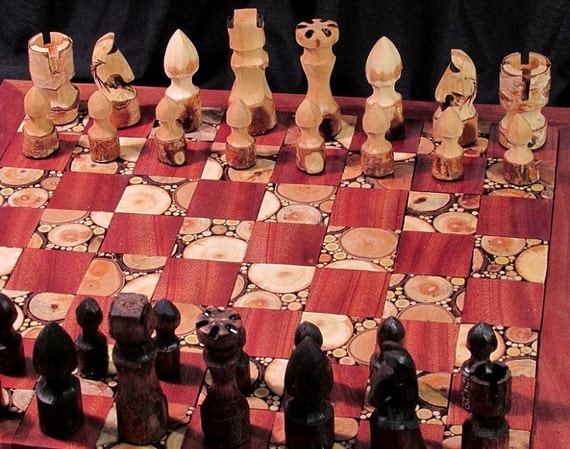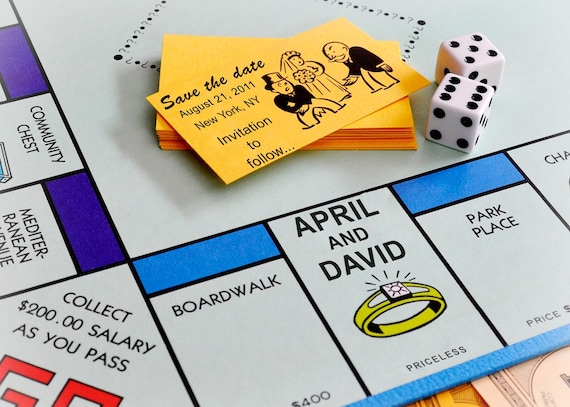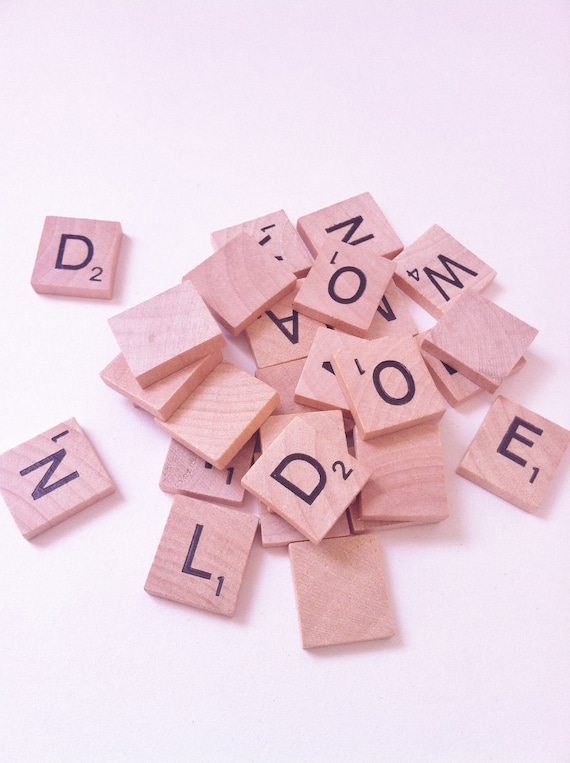From times immemorial, we have been turning to the world of board games to get rid of the boredom in our lives. About 15 or 20 years ago, when there were no video games or they were quite basic at best, there were few alternatives, for playing indoors, than pulling out those board games. While modern console video games may have taken entertainment to a whole new level, there is always a place for these board games in our world.
Here’s a look at some of the games that changed the way we spent our afternoons:

Chess
The origins of this brilliant game of strategy and is considered to be the father of all board games in terms of the concept of packing entertainment into a box. Originating in 600AD, this game traces its roots back to India where it was a part of the training regimen for kings and princes. By alternating moves and controlling a hierarchy of players, two people try to outsmart each other with over millions of possible combinations to play the game.
From strategy to creating the ability to think, Chess is all about outsmarting your opposition while protecting your own pieces, especially the king.

Monopoly Personalized Save the Date Printable Photo Card
Monopoly
This game has a more recent history, only about 100 years or so, but that hasn’t stopped it from becoming one of the most popular board games in the world. As children playing this game, you get introduced to the world of economics with market-dominance being the ultimate goal. There are a total of 40 spaces on the board that have 28 properties. Depending on which part of the world you are from, the names of these properties would change.
The concept of the game, however, would remain the same. Each player would move their piece according to the role of a die. Depending on where your piece would land, you would either pay rent for landing on someone else’s property, or have the option of buying an un-owned property. The last player to not go bankrupt is the winner of the game.
Scrabble
Whether two people or four, there are few games as interesting as Scrabble can be. Players begin by picking out seven random letters using which, they need to start making words on the board. Each letter is assigned a particular value depending on how common they are in usage as well as how difficult it is to use them in regular words. You make points based on the sum of the values of the letters you have used and on the basis of where the letters have been placed. In the end, when you cannot add any more words, the person with the highest score wins!
There are many other games, like Pictionary, Trivial Pursuit and Backgammon, which have made our afternoons a lot more useful than today. These games weren’t just about entertainment either. As you played Scrabble or Chess, you built up your brain power while Monopoly was the first teacher of basic economic rules that govern our society.

We may have more complex video games ruling our screens today but there’s no denying that these board games have been the foundation of our childhood. That today’s children don’t play them as often as we did isn’t a bad thing (because they have alternatives) but just a little sad because these board games continue to die out in front of their electronic versions. However, even if the boards are put away forever, there is no denying the fact that these games have laid the foundation for a culture that makes millions of games and entertainment options for children and adults around the world.
GORDON THORPE – author
As an employee at a world class firm of Wordpress designers and developers, Gordon has constantly gone back to his childhood to take inspiration from those who’ve made a difference to his life. Things that have touched his life and given him memories are a constant part of his inspiration and he finds a lot of pleasure in taking these things to the next level, through his work.




No comments:
Post a Comment